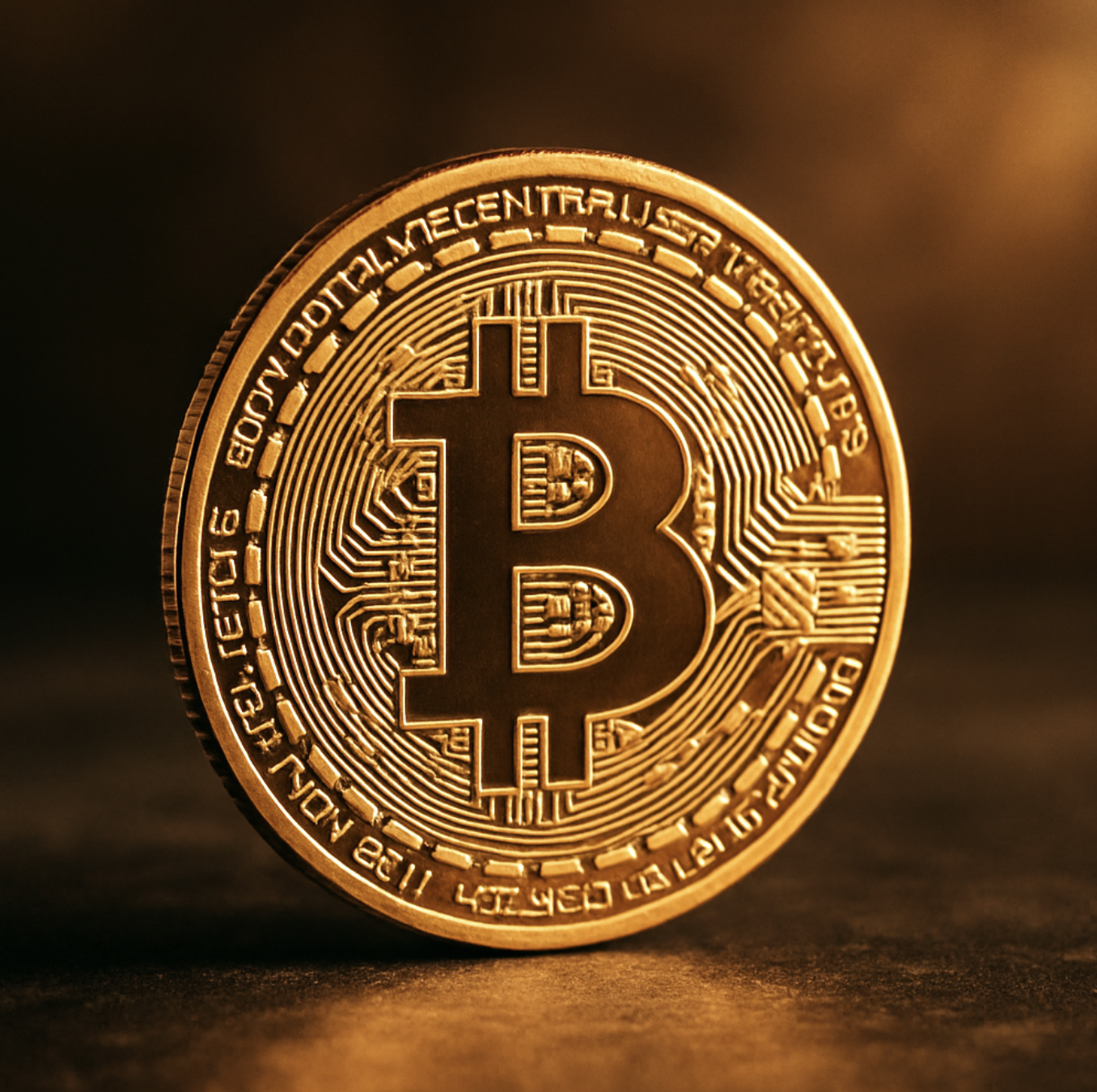What Coinbase Joining the S&P 500 Says About the Future of Wealth
There was a time not that long ago when crypto lived in the shadows. It was the digital secret passed between developers and dreamers, the lifeline for rebels trying to reclaim control from bloated banks and bureaucrats. It was code, community, chaos, and it was never supposed to wear a suit. I’ve been a fan of decentralized banking since my dad started speaking passionately about it in 2015, and it’s Why I Believe Cryptocurrency Will Change the World.
But now…crypto just bought a three-piece.
Because Coinbase, once the darling of decentralization, has officially joined the S&P 500…the most elite index on Wall Street. And like it or not, that changes everything.
This isn’t just a financial milestone, it’s a cultural pivot. And if you look closely, you’ll see the future of wealth reshaping itself before your very eyes.
From Fringe to Front Page
Coinbase was brought to life in 2012, in a world that still called Bitcoin a scam and thought Ethereum was a typo.
Back then, crypto lived in basements and browser tabs, fueled by online forums and idealism, but while the world dismissed it, Coinbase built the bridge, helping people buy, sell, and understand digital currencies.
Flash forward to 2025, Coinbase has not only gone public, it’s just been added to the S&P 500, the index that tracks America’s top 500 companies.
That’s right, the very same space that houses Apple, Microsoft, and JPMorgan now makes room for the very platform that once sold Bitcoin for under $20. It's official, crypto is no longer the outsider, it's in the club.
To the untrained eye, this might seem like just another stock reshuffling, but this inclusion is absolutely loaded with implications.
This is the ultimate seal of approval from institutional finance. The S&P 500 doesn’t mess around and becoming mainstream is kinda a big deal. Companies have to meet rigorous criteria to qualify, some of which are consistent profitability, market cap, liquidity, and governance standards. Coinbase actually made the cut.
That’s like punk rock getting inducted into the Rock & Roll Hall of Fame.
Funds that track the S&P 500 will now be required to include Coinbase. This means billions of dollars in passive investment money will start flowing into crypto-adjacent territory…whether investors realize it or not. Pension funds, retirement accounts, and index ETFs are now indirectly betting on Bitcoin. That’s a monumental shift.
Crypto has always been volatile, but being in the S&P 500 brings a strange kind of balance. It forces Coinbase to grow up…faster. There are more eyes now, more regulations, and more expectations. Whether that’s good or bad depends on how much you liked the wild west. I personally, liked a little bit of chaos in my day to day.
The Irony
Let’s not forget…crypto started as an escape from centralized systems. It was about freedom, decentralization, and avoiding the clutches of institutions. Coinbase’s S&P inclusion is a paradox.
It’s the most corporate thing a crypto company could do, but it’s also essential for it to continue to grow.
Because if blockchain is going to build the future, it needs more than philosophy. It needs infrastructure, funding, visibility, and trust.
This isn’t just about a single company, this is about a tectonic shift in what we define as “legitimate wealth.”
Ten years ago, crypto was a gamble, five years ago, it was a hedge, today, it’s a legit foundation. Soon, your portfolio might not be “diversified” unless it includes some sort of digital assets.
If Coinbase is in, what’s next? NFT platforms? Blockchain authentication systems? DeFi protocols? Once the door is open, the ecosystem expands.
(And if you’re into the blend of blockchain and botany, you’ll love Blockchain Botany, where I explore gamifying crypto through digital plants.)
Crypto education will become essential in the next few years, which is why I’ve been working on creating Blockchain Botany.
The average person still doesn’t understand how Bitcoin works, but when their 401(k) starts holding Coinbase, they’ll have to. Financial literacy is going digital.
The Double-Edged Sword of Acceptance
There’s a bittersweet taste in all of this.
On one hand, Coinbase’s inclusion marks a massive win for crypto advocates, but on the other, it’s a sign that the movement’s original ethos might be diluted. As crypto becomes institutionalized, it becomes more sanitized and less anonymous. More regulation and less rebellion in our finances might be a good thing or a bad thing depending on how you look at it.
Some say this is betrayal while others say it’s evolution. I think it’s some combination of both.
When Amazon first joined the S&P 500 in 2005, people still thought it was just a bookstore. Today, it shapes global commerce. Coinbase could just be entering its Amazon moment As crypto weaves deeper into traditional markets, we’re seeing something radical happen as a rewriting of what money means takes hold in everyones’ minds. Now it’s decentralized, and institutional, all at once.
This isn’t about whether crypto will win or fail, hate to break it to you, but it’s already won. It got invited to the most exclusive table in finance. The real question is: what does that victory cost? Can crypto keep its soul while sitting in a boardroom or will it forget its roots beneath a pile of quarterly reports?
Either way, the landscape of wealth is shifting, and the ground beneath Wall Street just got a little more digital.

